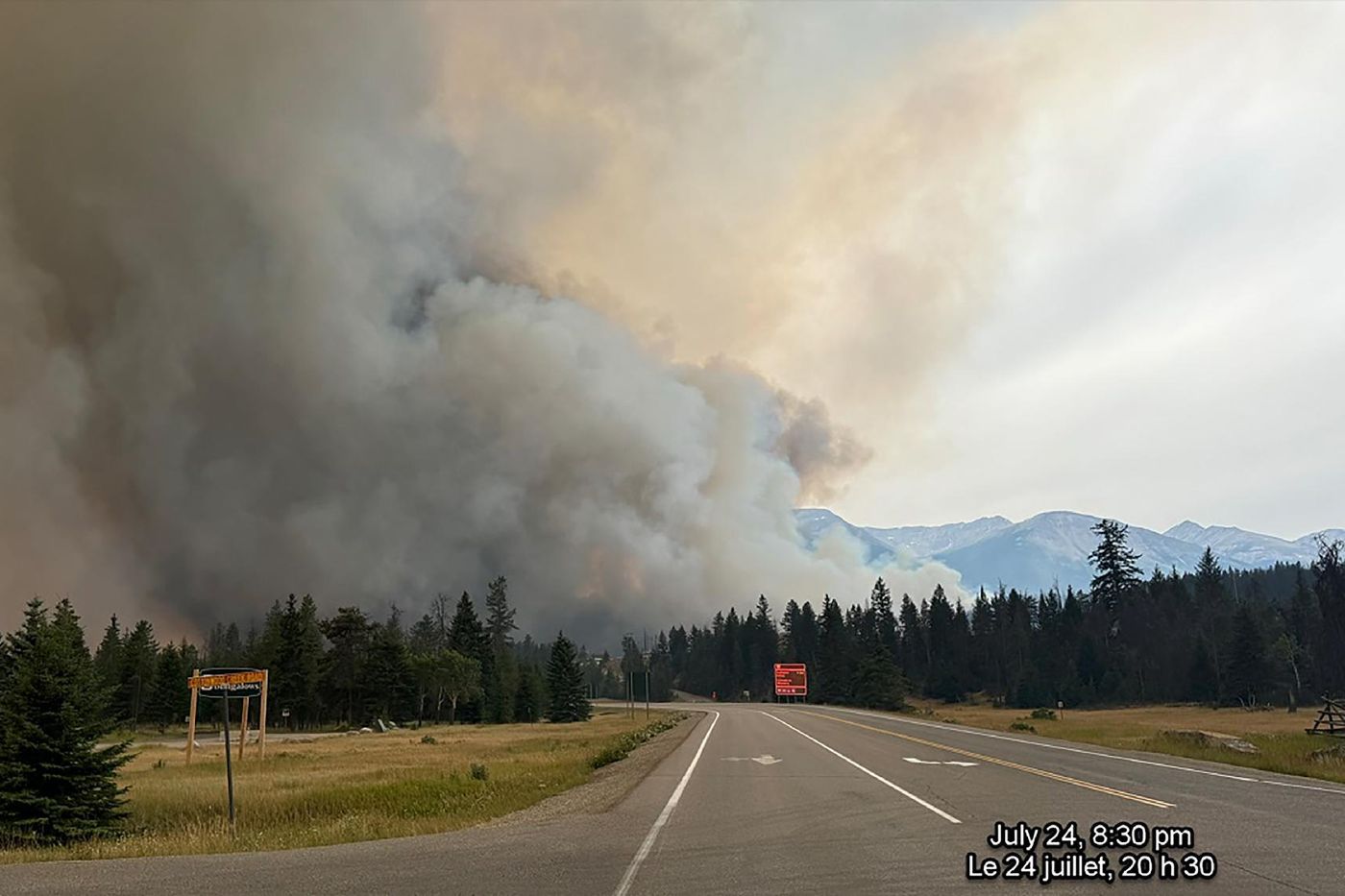
Record wildfires last year propelled Canada into the world’s top four greenhouse gas emitters, according to a study released Wednesday that also casts doubt on the future ability of the country’s forests to capture and store significant amounts of carbon dioxide.
A significant number of wildfires raged in Canada in 2023, with 15 million hectares – or 4% of Canada’s total forest area – burned and more than 200,000 people evacuated.
By examining satellite data on the presence of carbon in smoke plumes from wildfires that burned from May to September 2023, the researchers determined that 2,371 megatonnes of carbon dioxide (CO2) and carbon monoxide (CO) were released. This moved Canada from eleventh to fourth place among the world’s largest CO2 emitters, behind China, the United States and India.
Researchers warn that the hot, dry weather that is causing these fires is expected to become the norm by 2050 and is “likely to lead to an increase in fire activity”.
“This raises the question of whether potentially more frequent and intense fires in the coming decades will reduce the capacity of Canadian forests to serve as carbon sinks.”Brendan Byrne, lead author of the study, told AFP.
Canada’s boreal forest, a vast swath of land that stretches from the Pacific to the Atlantic Ocean, contains significant amounts of sequestered carbon, and as vegetation in burned forests regrows over decades, the carbon released by the fires is typically reabsorbed.
However, the increase in the size and number of fires, combined with droughts in some regions, could slow down forest regeneration and “prevent carbon absorption”according to the study.
Canada must adjust downward its level of permitted fossil fuel emissions in order to “offsetting the reduction in carbon absorption by forests”the study concludes.
The Canadian government has agreed under the Paris Agreement to reduce carbon emissions by 40 to 45% from 2005 levels by 2030.
As human activity has warmed the planet over the past two decades, the frequency and intensity of extreme wildfires have more than doubled worldwide, according to another study published in June in the journal Nature Ecology & Evolution.
Canada’s wildfire season has been quieter this year but still had a catastrophic impact in some areas, with the western tourist town of Jasper being partially destroyed in July.




